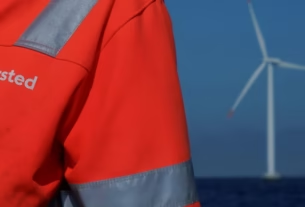In Short : There is increasing financial strain on India’s approximately 26 GW of utility-scale clean energy projects that are now under construction, many of which are supported by signed PPAs. This is due to the fact that the interstate transmission 100 percent ISTS charge exemption will be phased out after June 30, 2025. By lowering dependency on non-renewable resources and increasing the deployment of renewable resources, this waiver has historically assisted solar and wind companies in areas like Rajasthan and Gujarat in providing clean power at competitive rates.
Outline of Phased Reduction and Financial Consequences
The exemption, which was initially granted in 2016, will be gradually reduced:
A 100% waiver is maintained for 25 years for projects put into service by June 30, 2025. Projects receive 75% by June 2026, 50% by June 2027, and 25% by June 2028. There won’t be a waiver available after June 2028. Developers run the risk of incurring large additional transmission expenses, which might reduce returns, particularly for solar system projects that are delayed.
However, given that many projects are supported by financially stable developers and that roughly three-quarters of the impacted capacity is anticipated to be eligible for at least a 75% waiver, experts say the impact might be minimal.
Industry Effect And Strategic Context
Financial modeling and site preparation are given more attention as a result of this policy change. In order to maintain transmission exemptions, solar panel-based system developers must expedite commissioning. Delays could turn clean energy estimates into expensive liabilities, upsetting investor sentiment and sustainable development objectives.
Additionally, the change requires developers to account for rising costs when planning projects; they may decide to rescind expansions or switch to hybrid models that optimize returns by combining solar with battery storage, PV-integrated solar system designs, or microgrids.
The Final Line
The expiry of the ISTS waiver is a significant policy turning point as India’s renewable economy matures. Even while the progressive phase-down might make the adjustment easier, there are still significant operational and financial risks associated with execution delays. It emphasizes that adopting clean energy involves more than just setting up solar farms and batteries; it also entails managing changing regulations to make sure solar energy projects continue to be profitable.




